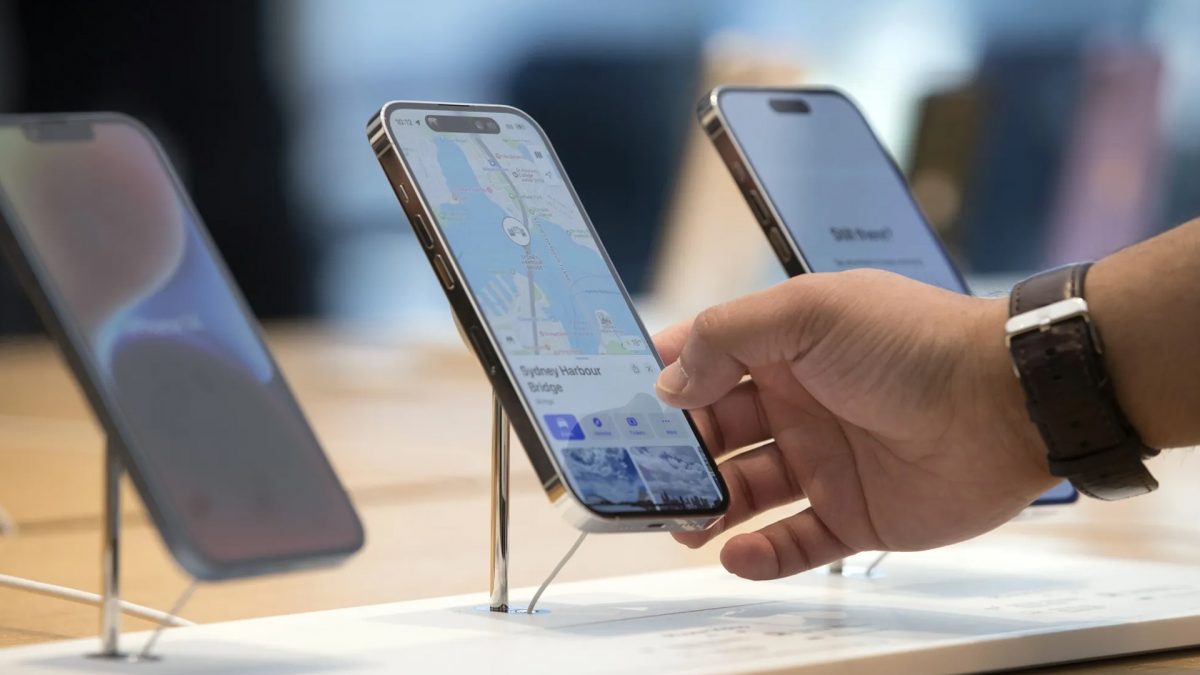Apple is reportedly planning an investment of close to $10 million to bolster its manufacturing footprint in Indonesia, aiming to lift the ban on the sale of its latest iPhone model.
Sources familiar with the situation revealed that this investment would be directed towards a plant in Bandung, located southeast of Jakarta, in collaboration with Apple’s network of suppliers. This facility is expected to produce components and accessories for Apple’s array of products.
The proposal has been submitted to Indonesia’s Ministry of Industry, which had recently blocked the sale of the iPhone 16, citing Apple’s failure to meet the 40 per cent domestic content requirement for smartphones and tablets.
The ministry is currently reviewing Apple’s plan, which is still under negotiation and may be modified before a final decision is made. Both Apple and the Ministry of Industry have so far remained silent on the matter.
The ban in Indonesia is part of a broader push under President Prabowo Subianto’s government to compel international firms to increase local production. This approach mirrors the strategies from the tenure of former President Joko Widodo, where similar policies were used to protect domestic interests.
For instance, a ban was imposed on the sale of Google Pixel phones due to insufficient local investment, and TikTok’s parent company ByteDance was pressured into investing $1.5 billion in a joint venture with Tokopedia following restrictions on its services.
Impact Shorts
More ShortsApple’s proposed investment, while relatively modest compared to the company’s global financial power, could be a strategic step to maintain access to Indonesia’s vast market of 278 million consumers, many of whom are young and tech-savvy. The company currently operates without standalone factories in Indonesia, instead relying on partnerships with local suppliers for production needs.
However, Indonesia’s tough stance might present risks. While a successful deal with Apple would be seen as a win for local industry, such aggressive tactics could deter other multinational firms, particularly those seeking to diversify production away from China.
This could conflict with President Prabowo’s objective of drawing in foreign investment to stimulate economic growth.
Apple’s history of investment in Indonesia includes approximately 1.5 trillion rupiah ($95 million) spent on developer academies, falling short of its pledged 1.7 trillion rupiah. In light of this, Indonesian officials have reportedly requested e-commerce platforms like Tokopedia and TikTok to remove iPhone 16 listings, threatening legal consequences if they fail to comply.
This situation is part of a pattern of unpredictable trade policies in Indonesia. Earlier in the year, the government introduced import restrictions on thousands of items, including electronics and chemicals, to push foreign companies toward local production.
This move sparked a backlash from various businesses, including LG Electronics, which faced hurdles in importing components essential for manufacturing goods like washing machines and televisions.
Despite the government’s push for more domestic production, Indonesia’s manufacturing sector has struggled, declining from 21.1 per cent of GDP in 2014 to 18.7 per cent last year. The outcome of Apple’s proposed investment and its potential effects on Indonesia’s broader manufacturing landscape remains to be seen.


)

)
)
)
)
)
)
)
)



